Mission
We work in partnership with communities to advance Indigenous well-being and health leadership to the highest level.
Vision
Thriving Indigenous communities worldwide.
Founded in 1991 at the Johns Hopkins Bloomberg School of Public Health, the Center for Indigenous Health supports and implements public health interventions designed for and by Indigenous peoples. Our Center is distinguished by longstanding relationships that date back to the 1980s with tribes in the southwest U.S., including the Navajo Nation and the White Mountain Apache Tribe.
Today, in addition to our continued southwestern tribal partnerships, the Center has runs a Great Lakes regional hub, and we have helped implement programs responding to priority concerns with over 150 Indigenous communities across 24 states. We are increasingly collaborating with Indigenous communities across the globe, including partners in Australia, Canada and Aotearoa (New Zealand).
Our core divisions include Research, Education and Training, Policy, and a Wise Practices Core that share proven programs with Indigenous communities in the US and worldwide. We have over 250 team members, of whom over 70% are Indigenous, and are committed to respect and excellence in public health partnerships.
History
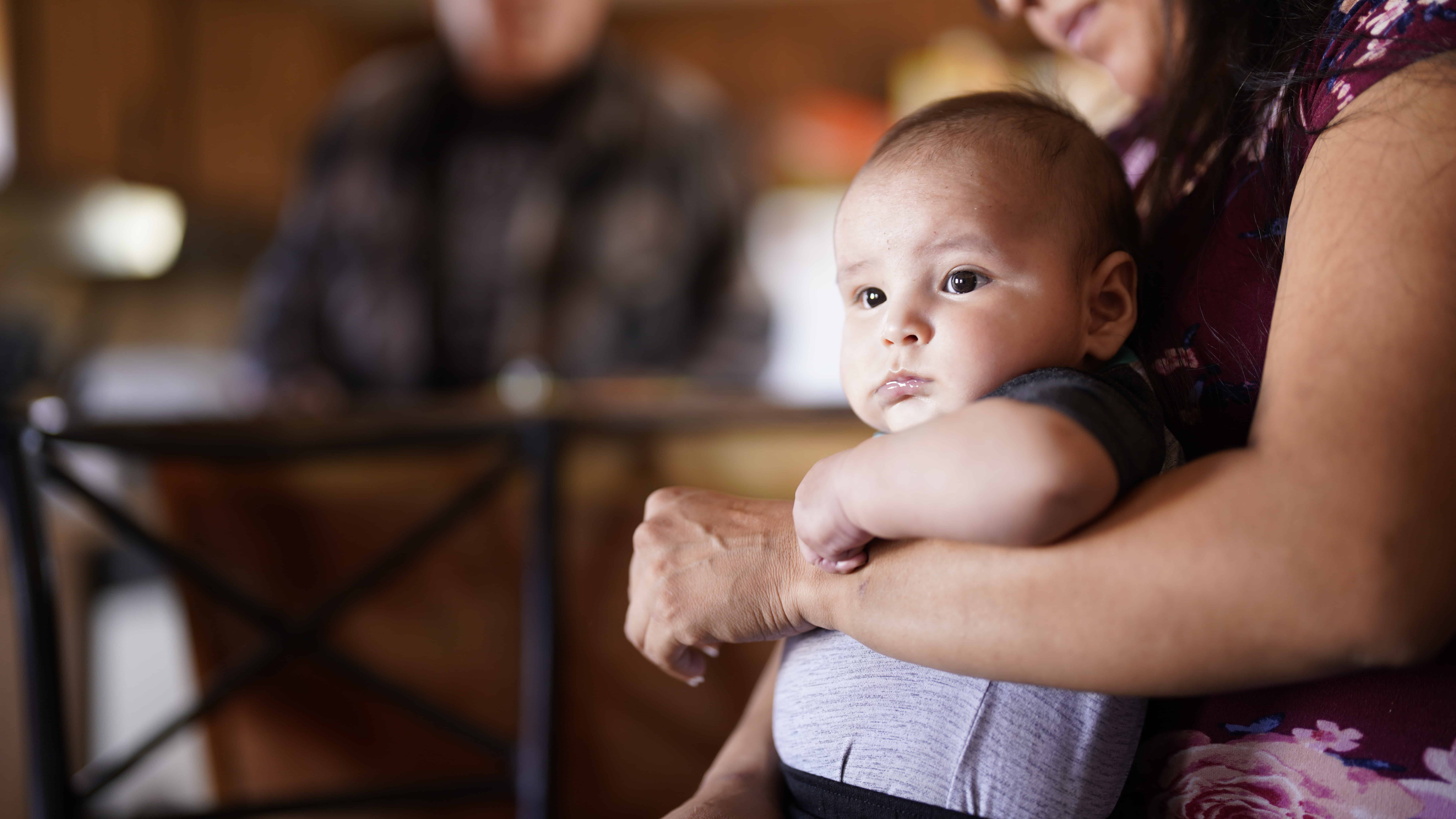
Early 1980s:
Successful prevention of infant deaths from diarrhea by proving impact of Oral Rehydration Therapy (ORT), today known as Pedialyte, with the White Mountain Apache Tribe. Work led by Mathu Santosham, pediatrician and Center founder and Dr. Ray Reid (Diné).
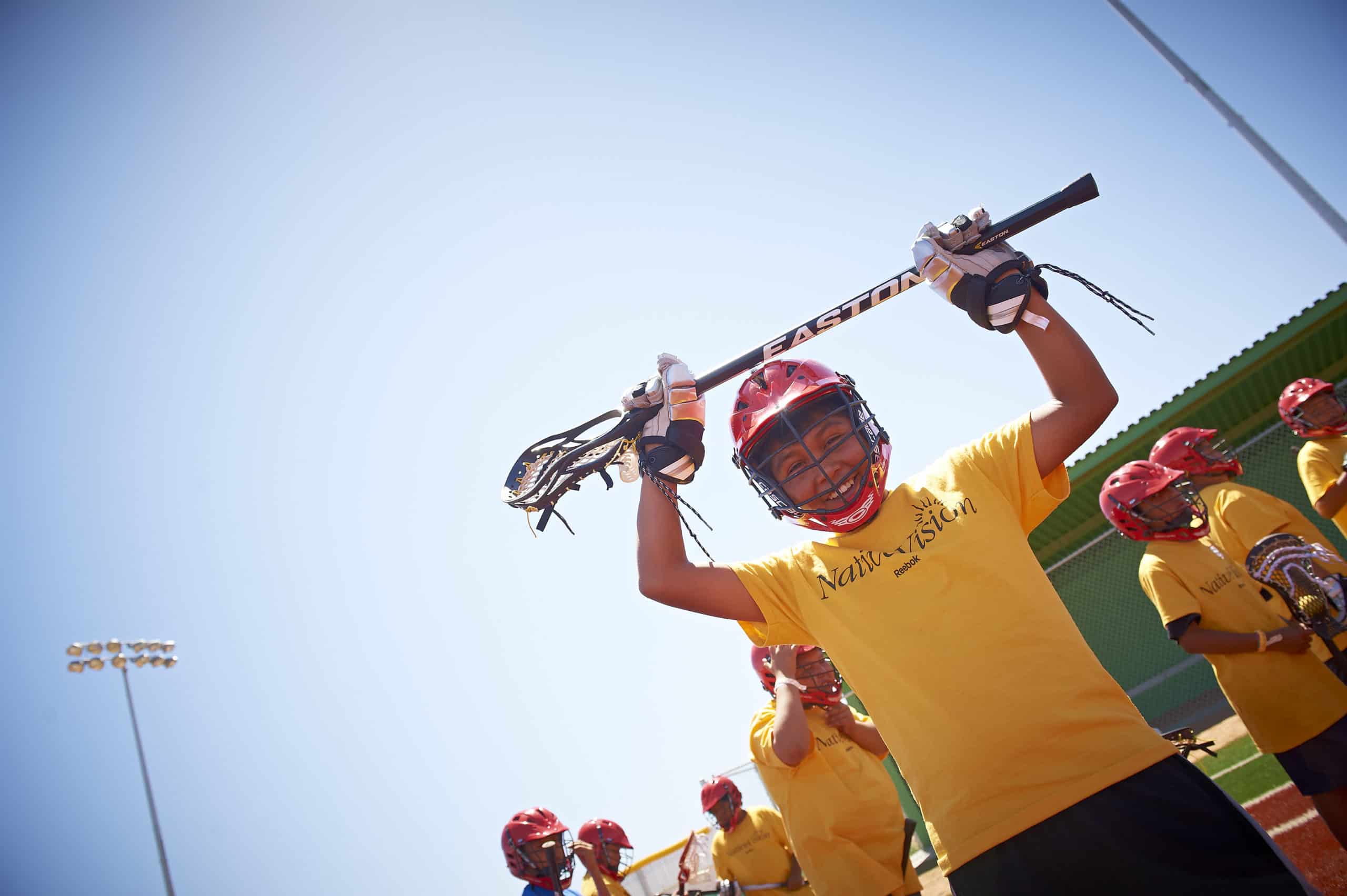
1990:
In a clinical trial on the Navajo Nation, PedvaxHib Vaccine is proven highly effective for prevention of Haemophilus influenzae type b (Hib) disease, a devastating cause of meningitis in infants and young children. In recognition of their contribution, the Navajo Nation received the first delivery of licensed PedvaxHib vaccine in the United States.
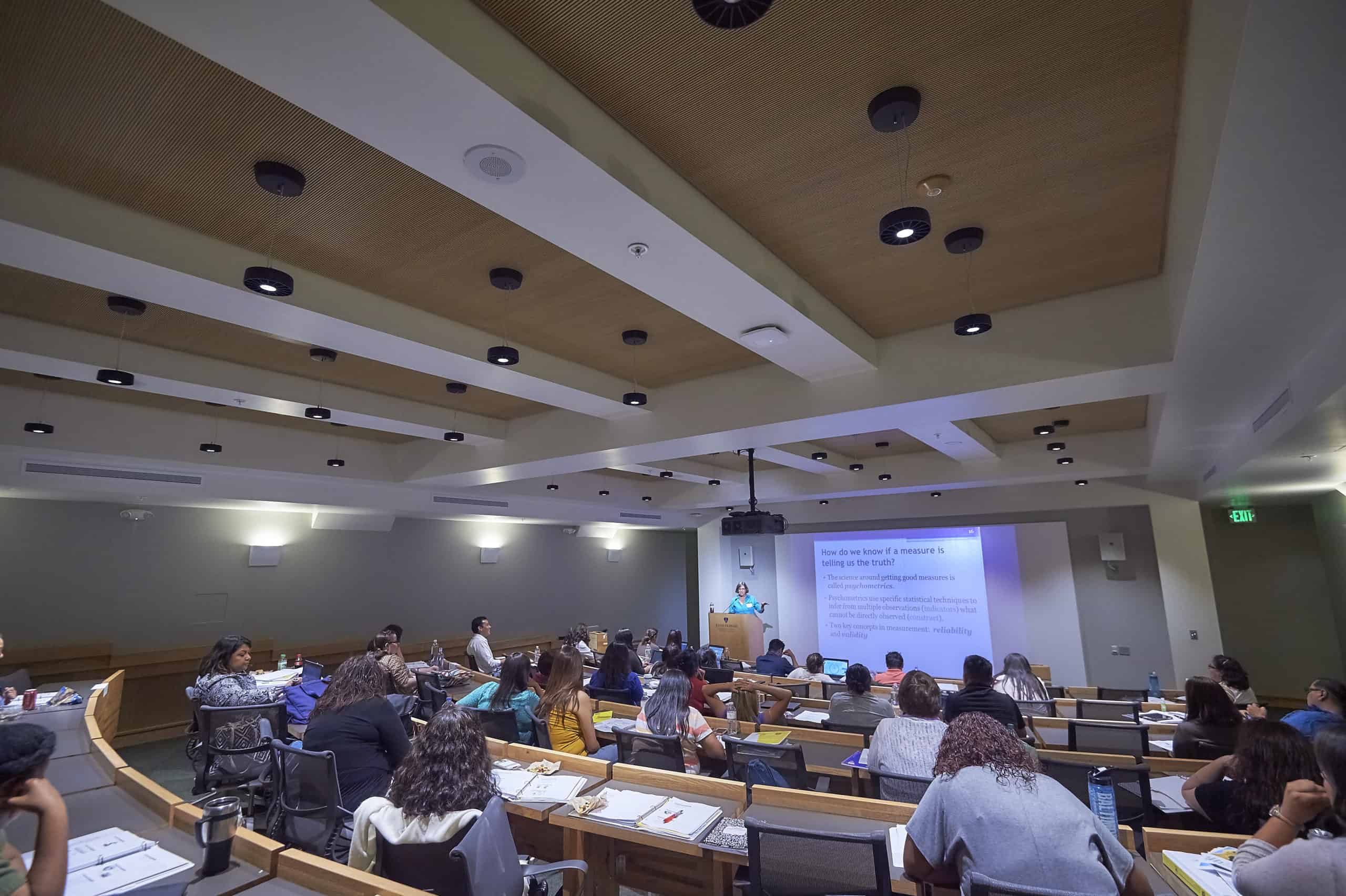
1991:
Center for American Indian Health founded by Mathu Santosham at the Johns Hopkins School of Public Health in Baltimore, Maryland.
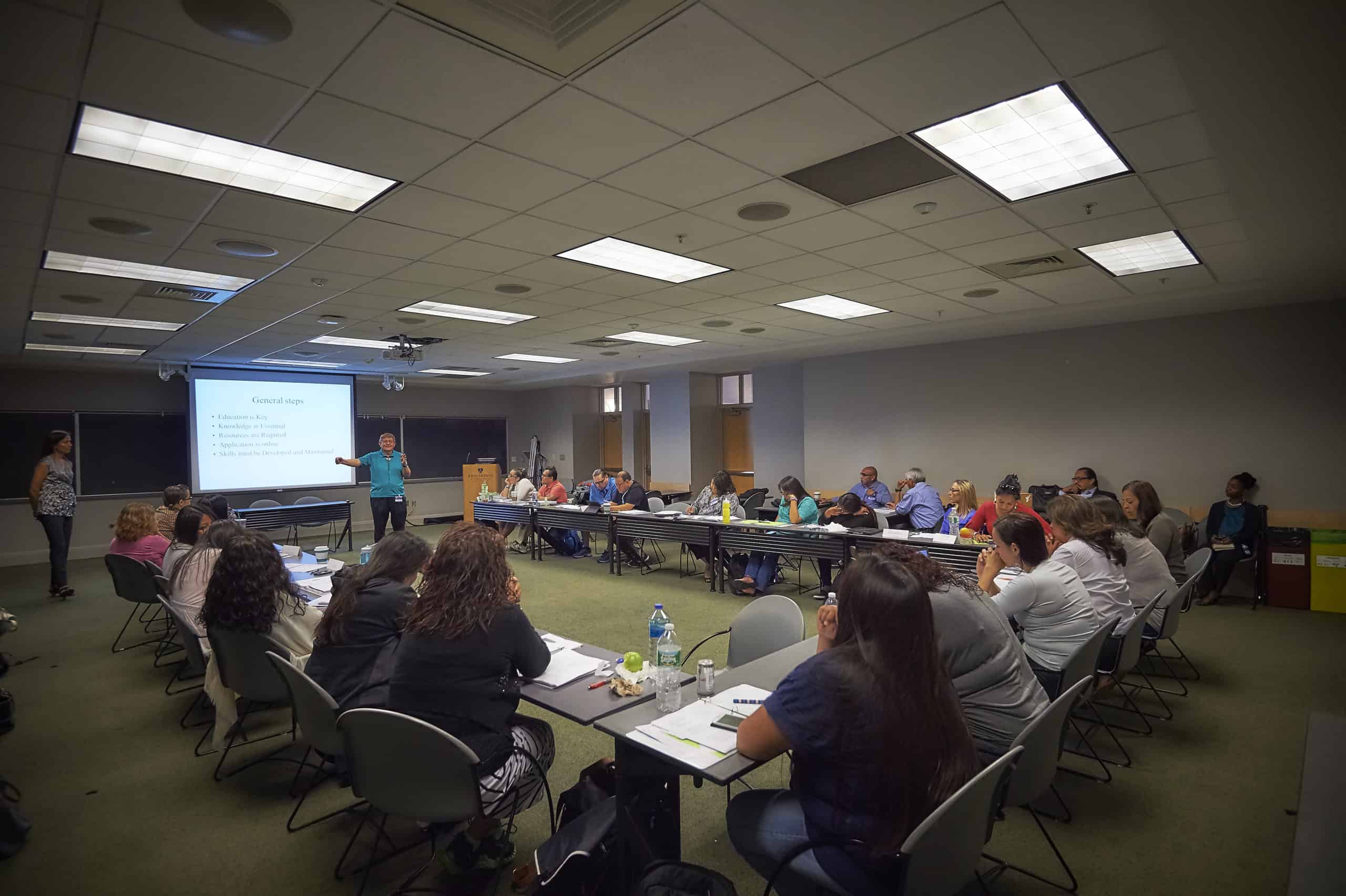
Early 1990s:
Launch of mental health promotion and suicide prevention work with White Mountain Apache Tribe.
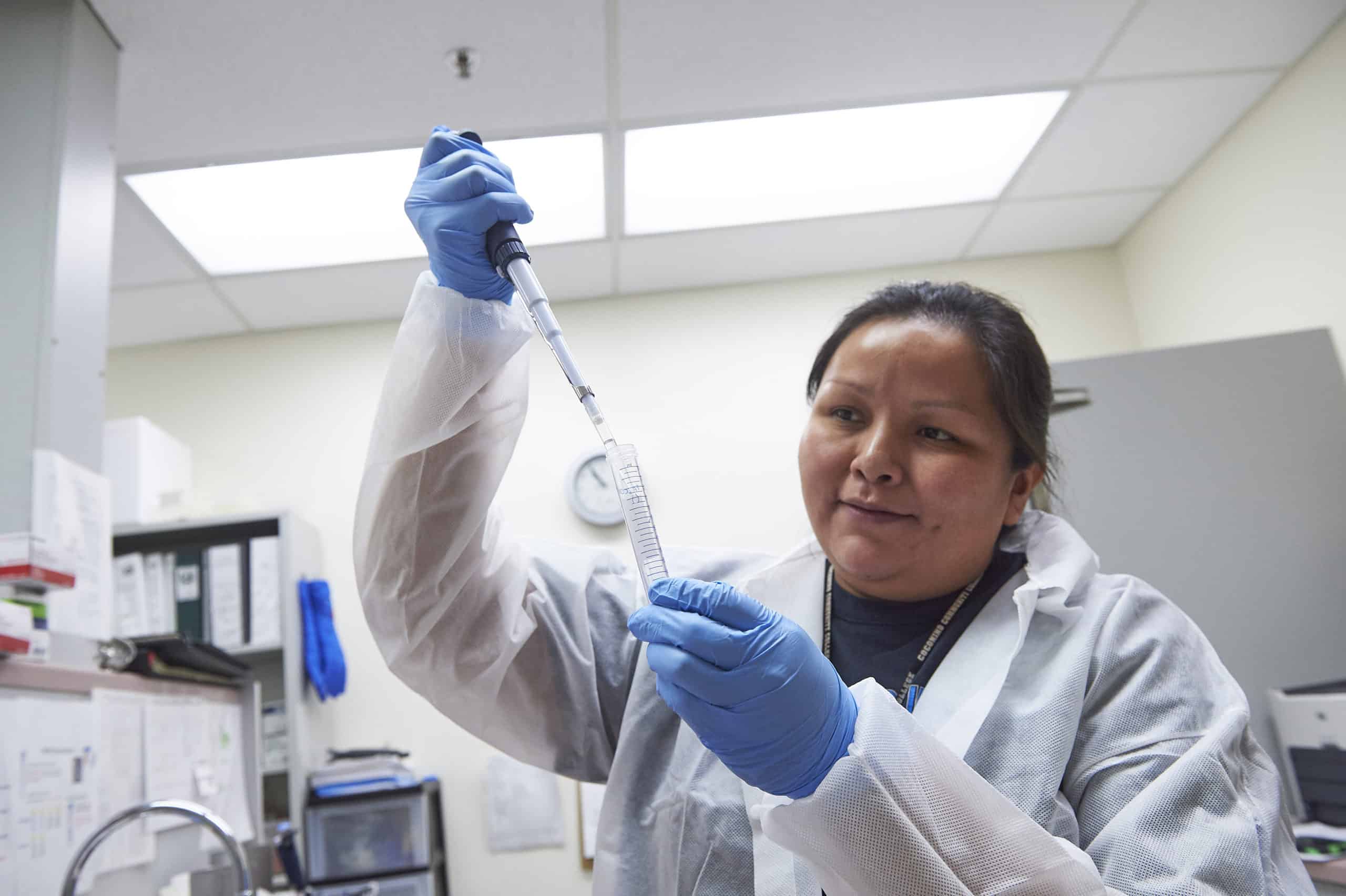
Mid-late 1990s:
Clinical trials conducted with southwest tribal communities prove the efficacy of the Pneumococcal Conjugate Vaccine (against the leading cause of pneumonia) and the Rotavirus Vaccine (against the leading cause of diarrheal illness). These vaccines are introduced into the routine immunization schedule in the United States.
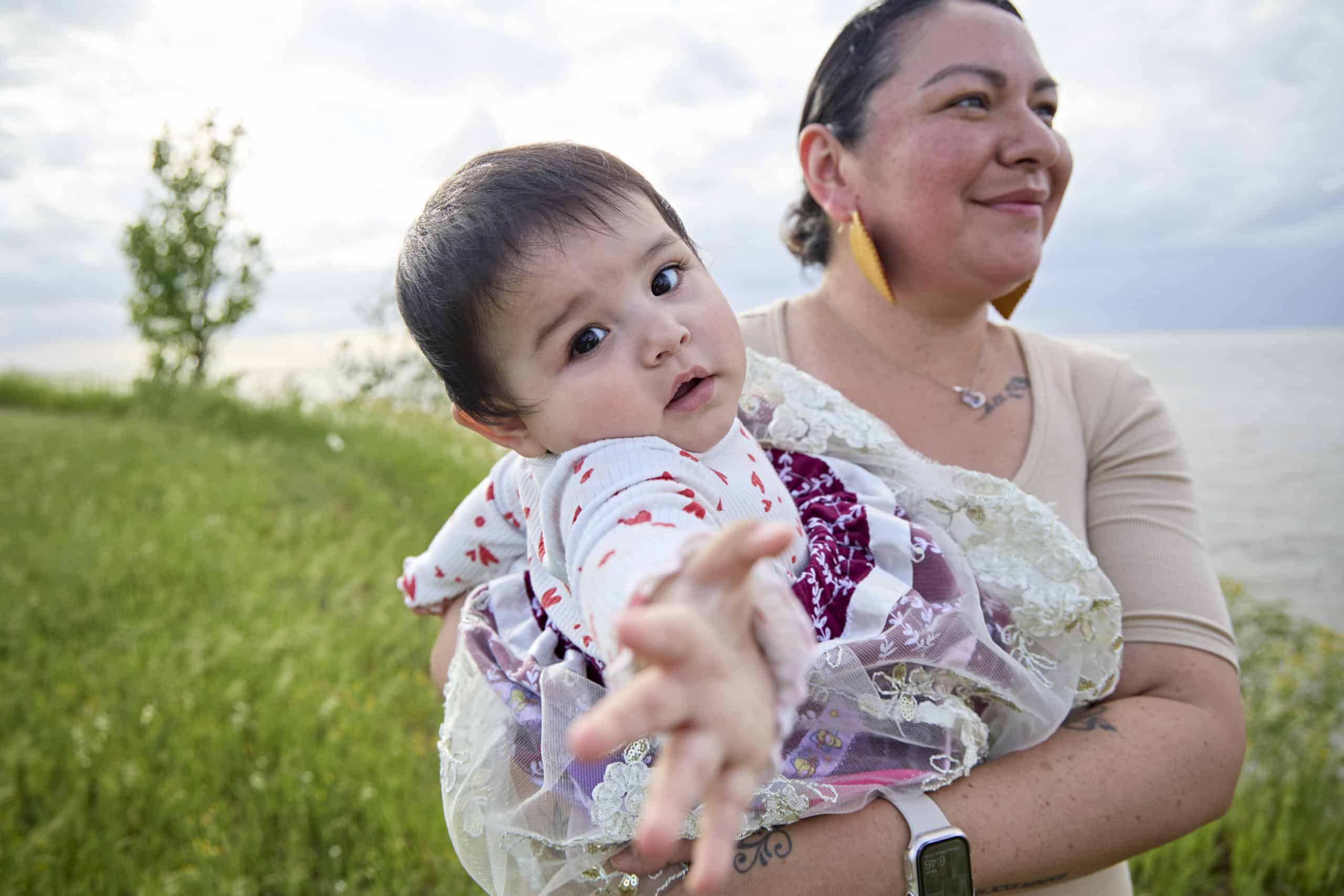
1995:
Launch of Share Our Strength home outreach program with first-time mothers to promote breast-feeding and nutrition.
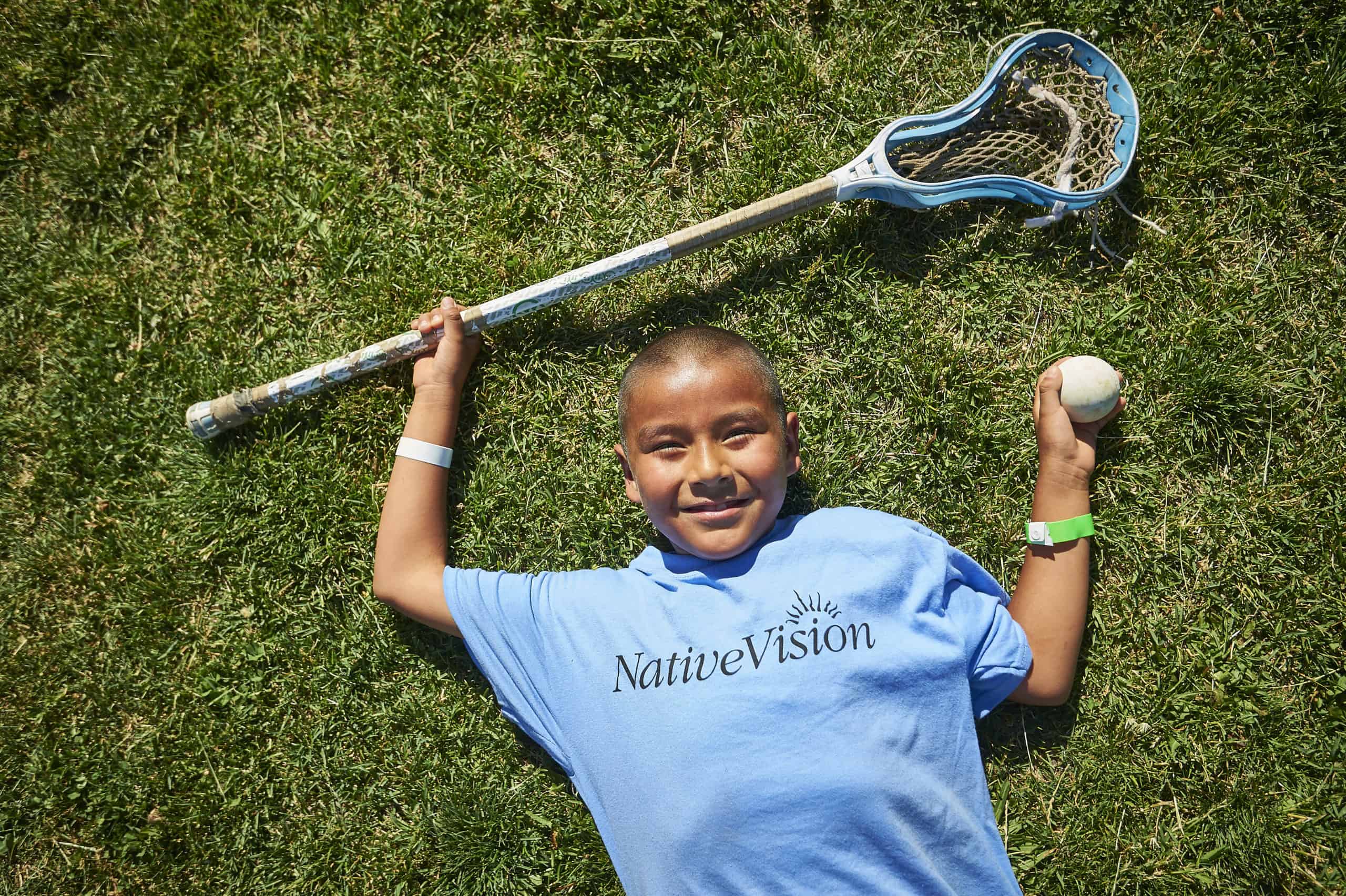
1996:
Launch of NativeVision national sports and life skills initiative youth development program in partnership with NFL Players Association. Over 50,000 youth and families have been served.
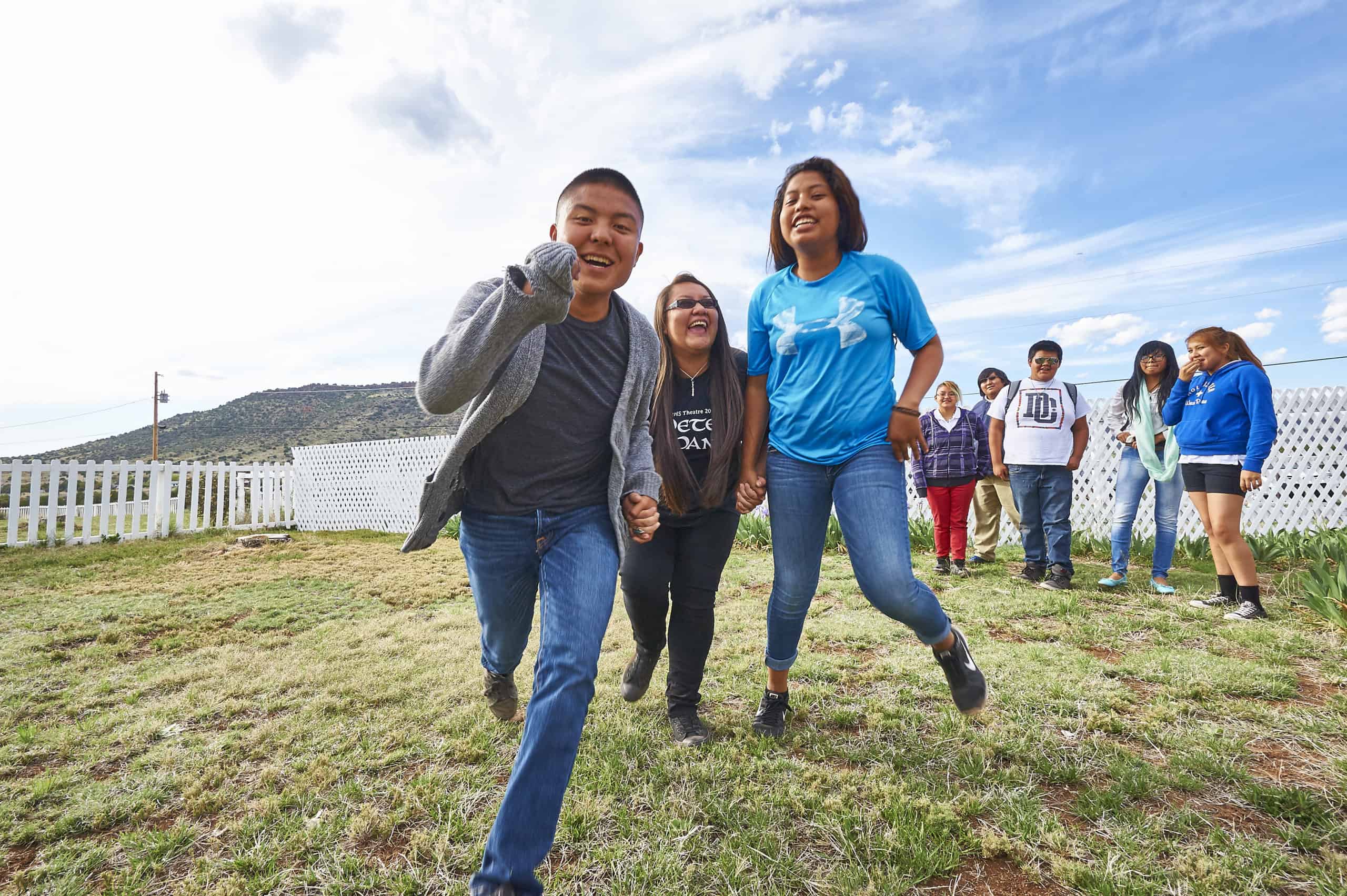
1998:
Launch of Family Spirit, early childhood home visiting program, designed for and with tribal communities. Today over 150 communities across 23 states have been trained in Family Spirit.
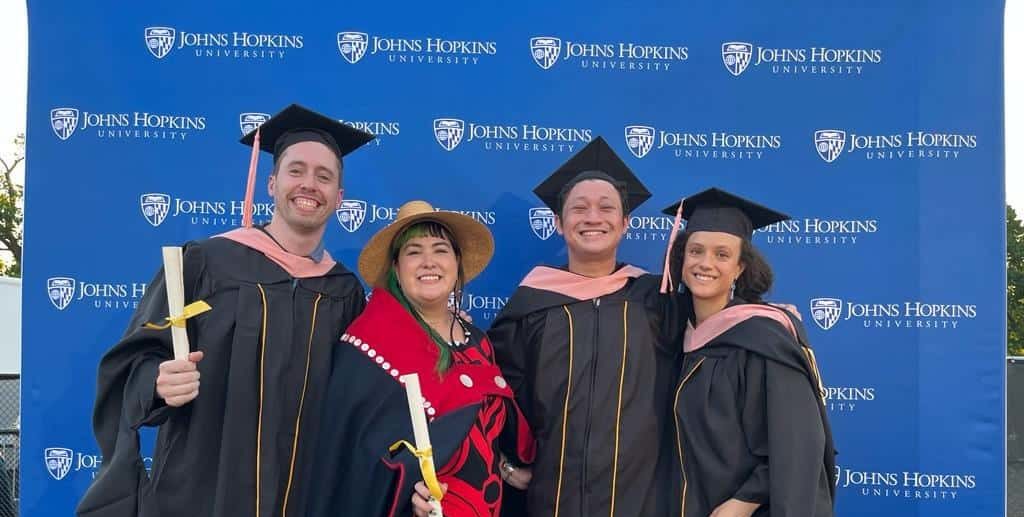
2001:
Center’s American Indian health scholarship and Indigenous public health training program begins, eventually turning into the largest AI/AN graduate training and scholarship program in the U.S.
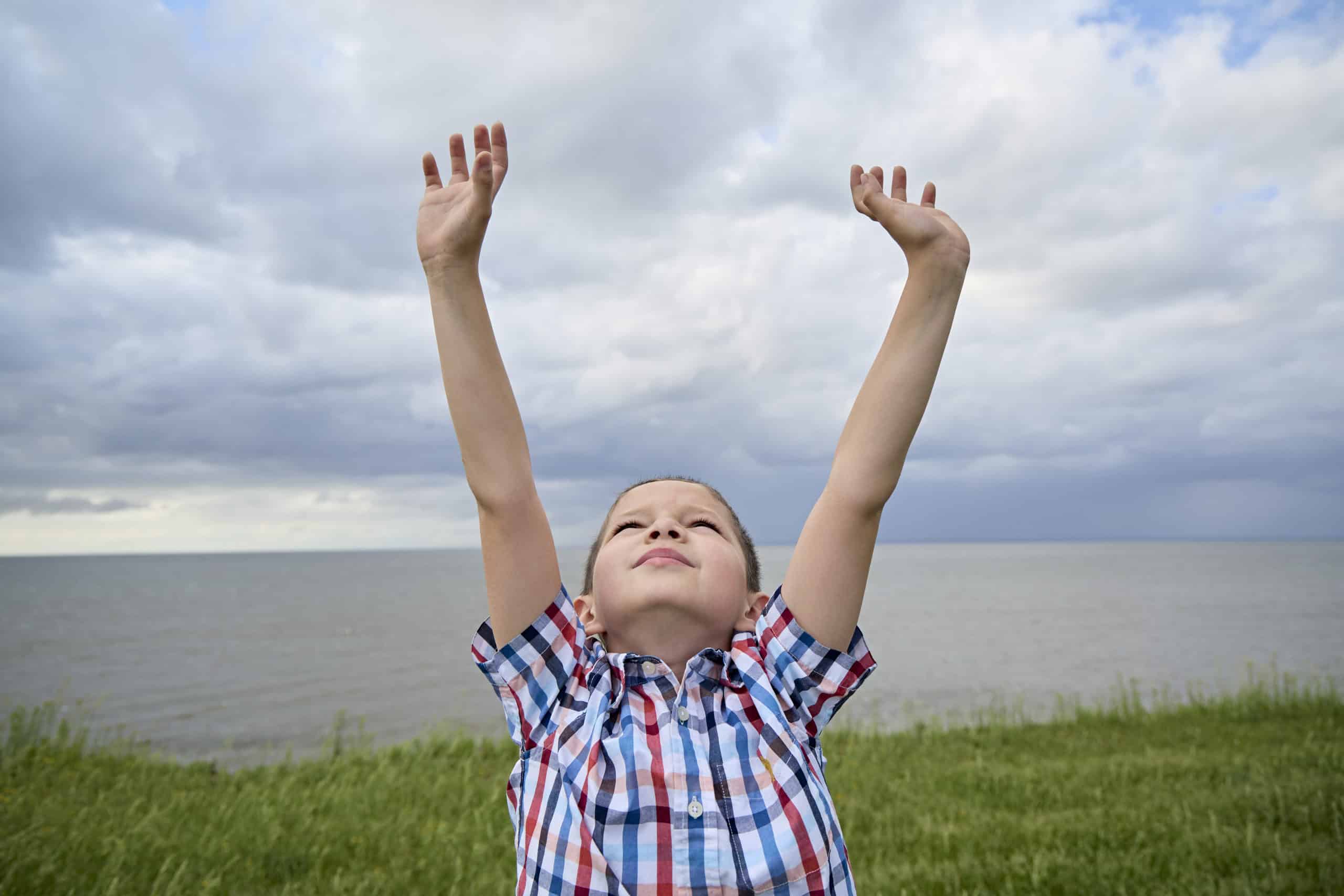
2007:
Launch of Celebrating Life youth suicide prevention and case management model with the White Mountain Apache Tribe. Later shown to reduce suicide deaths by 38% and attempts by 53%. This model continues to be scaled with Indigenous communities in U.S. and beyond.
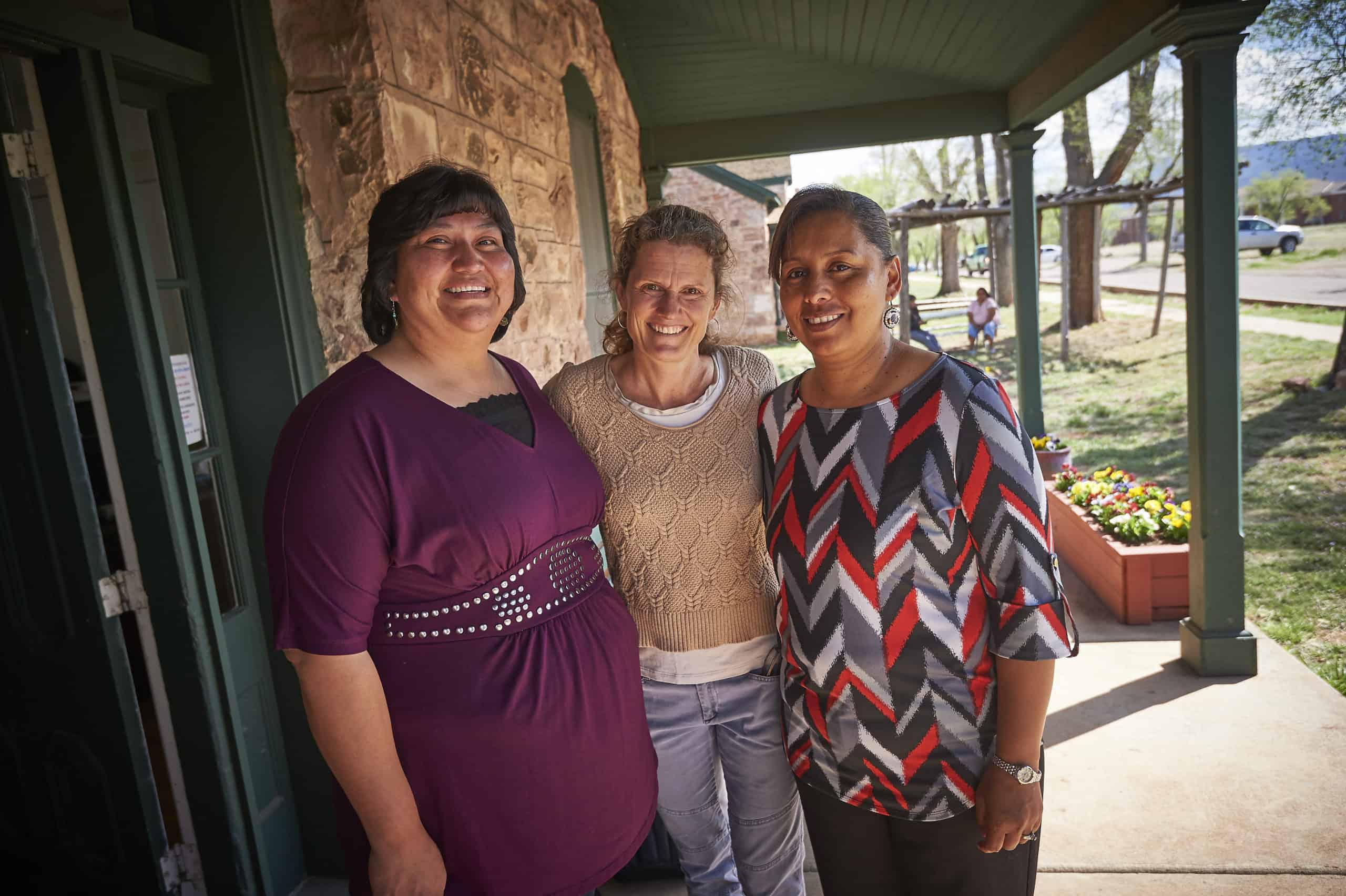
2011:
Launch of Together on Diabetes (TOD), a multigenerational diabetes prevention model. Over the next four years, over 250 youth and their families trained in TOD curriculum by Family Health Coaches and local paraprofessionals. The Center’s Great Lakes Hub adapted a model with community partners for use with Ojibwe Tribes in 2019.
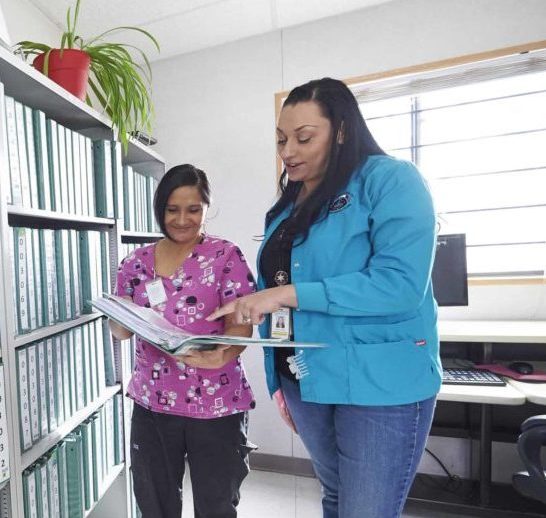
2016:
Dr. Allison Barlow, who joined the Center the year it was founded in 1991, named as Director of the Center.
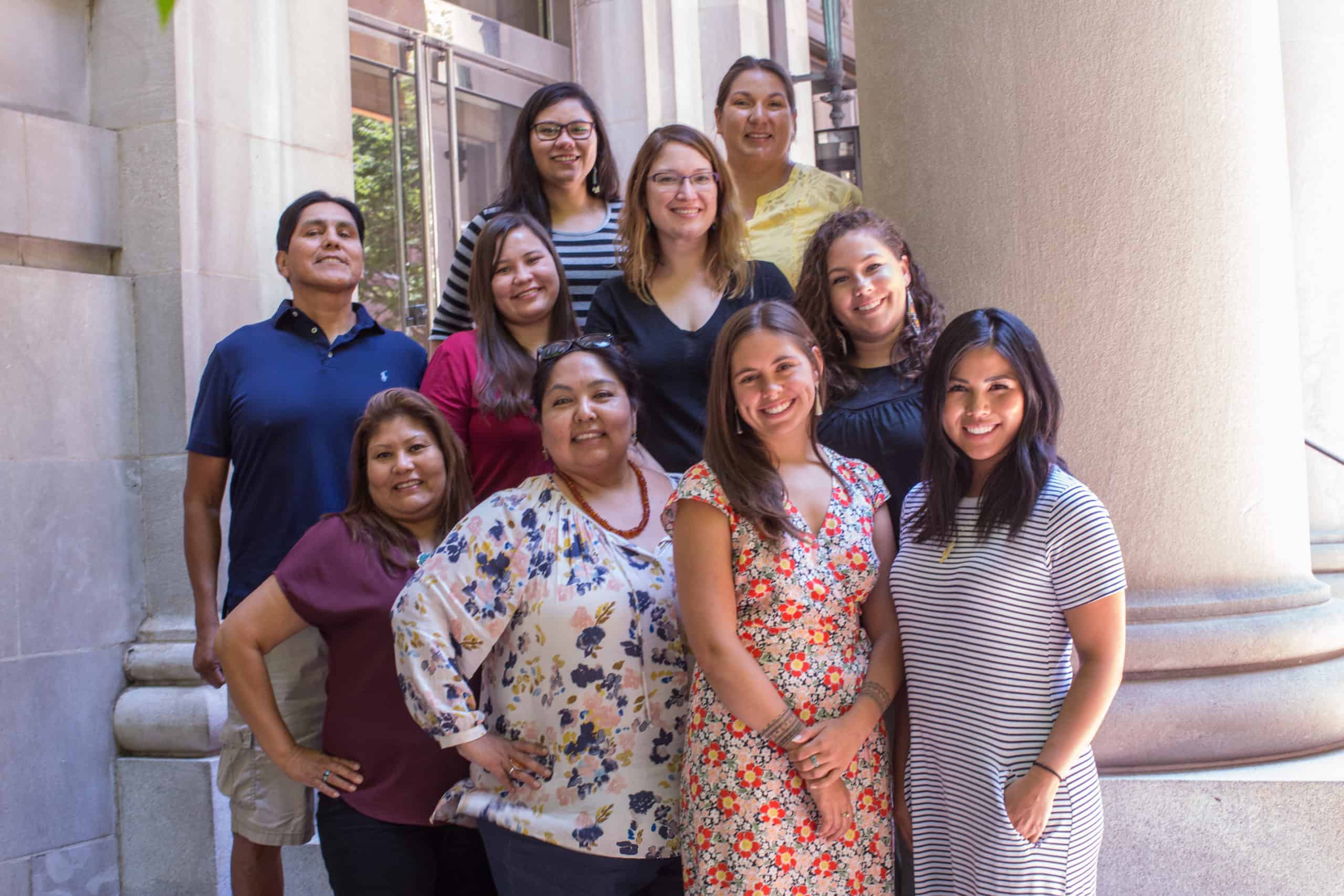
2019:
Center’s Great Lakes Hub opens in Duluth, Minnesota under the leadership of Dr. Melissa Walls (Bois Forte and Couchiching First Nation Anishinaabe), who was simultaneously named an endowed Bloomberg American Health Initiative Associate Professor.
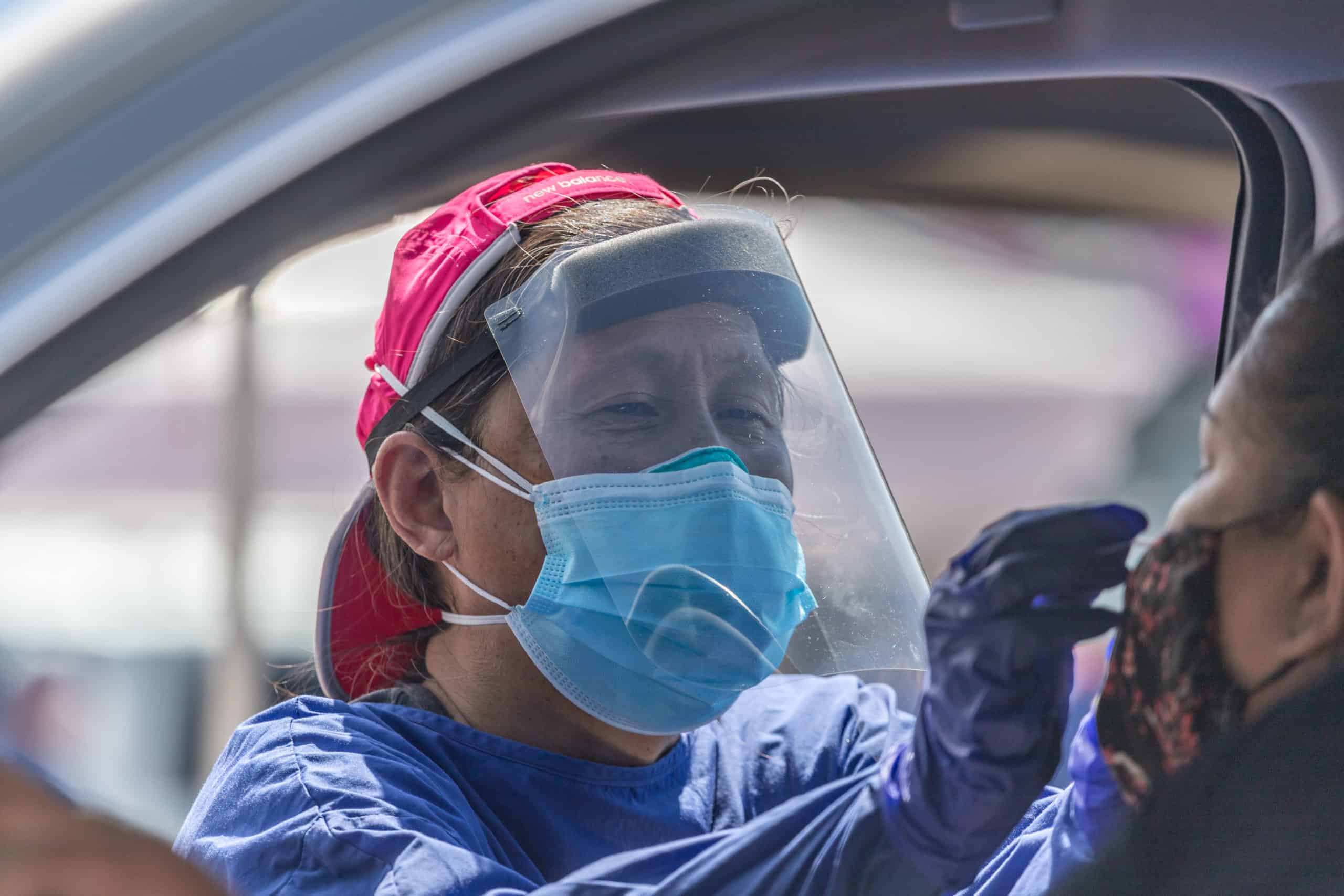
Early 2020:
Cases of SARS-CoV-2 are detected in tribal communities. Indigenous Americans experience among the highest rates of COVID-19 disease and death in the U.S. The Center pivots all available personnel to conduct testing and provide support for isolation and quarantine in tribal communities. As vaccines are developed, the Center obtains local approval to offer Navajo and White Mountain Apache community members the opportunity to participate in the Pfizer COVID-19 vaccine trial. The vaccine is proven to be highly effective and, following EUA, vaccine uptake is high amongst Indigenous Americans.
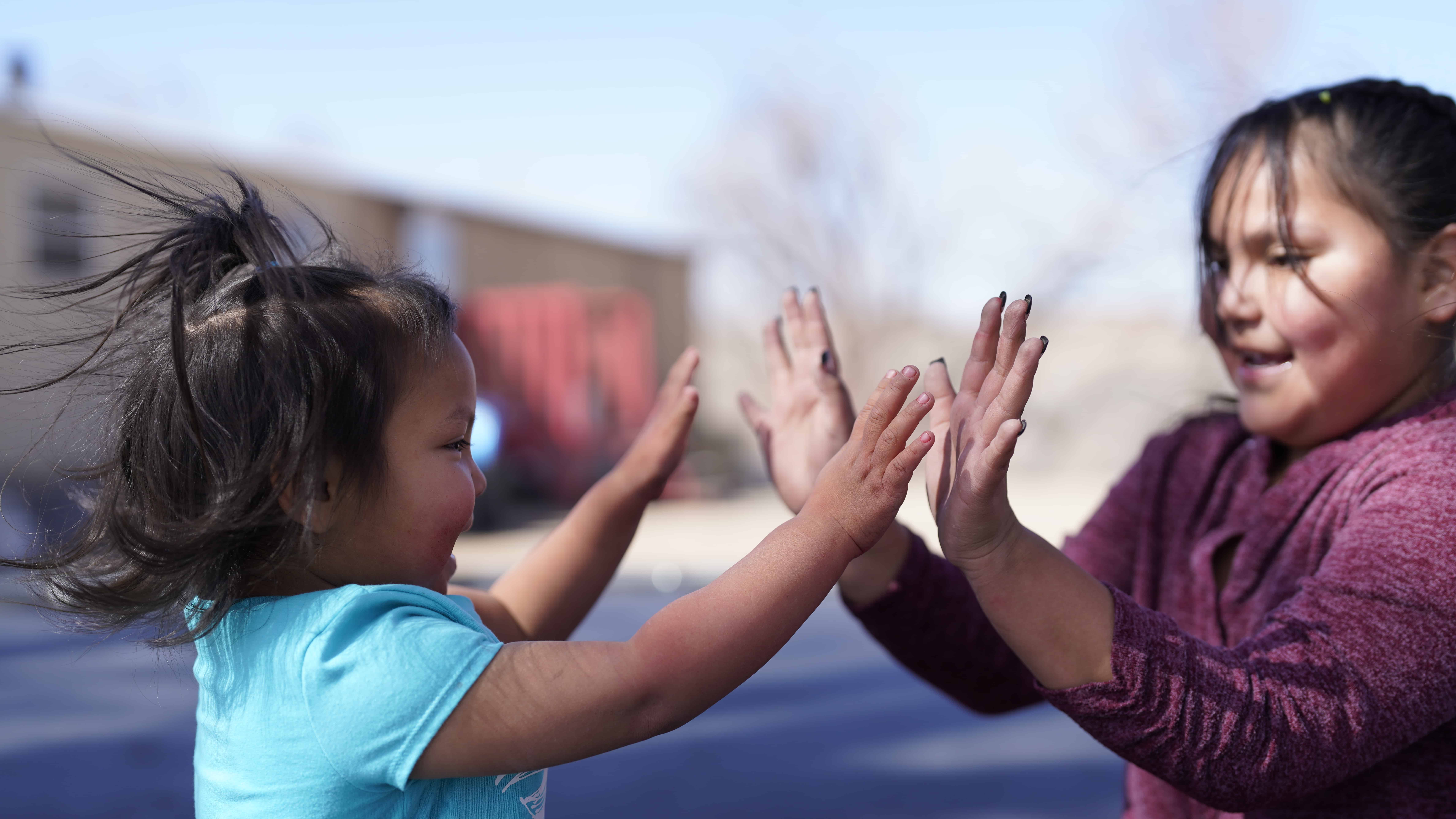
2020:
Launch of Project Safe Schools to help children safely return to schools and address the impact of the COVID-19 pandemic families. Our Smallest Warriors, Our Strongest Medicine: over 85,000 books distributed to children from 110 tribes across the U.S. with messages of shared cultural values and mental health coping tools in the face of the pandemic.
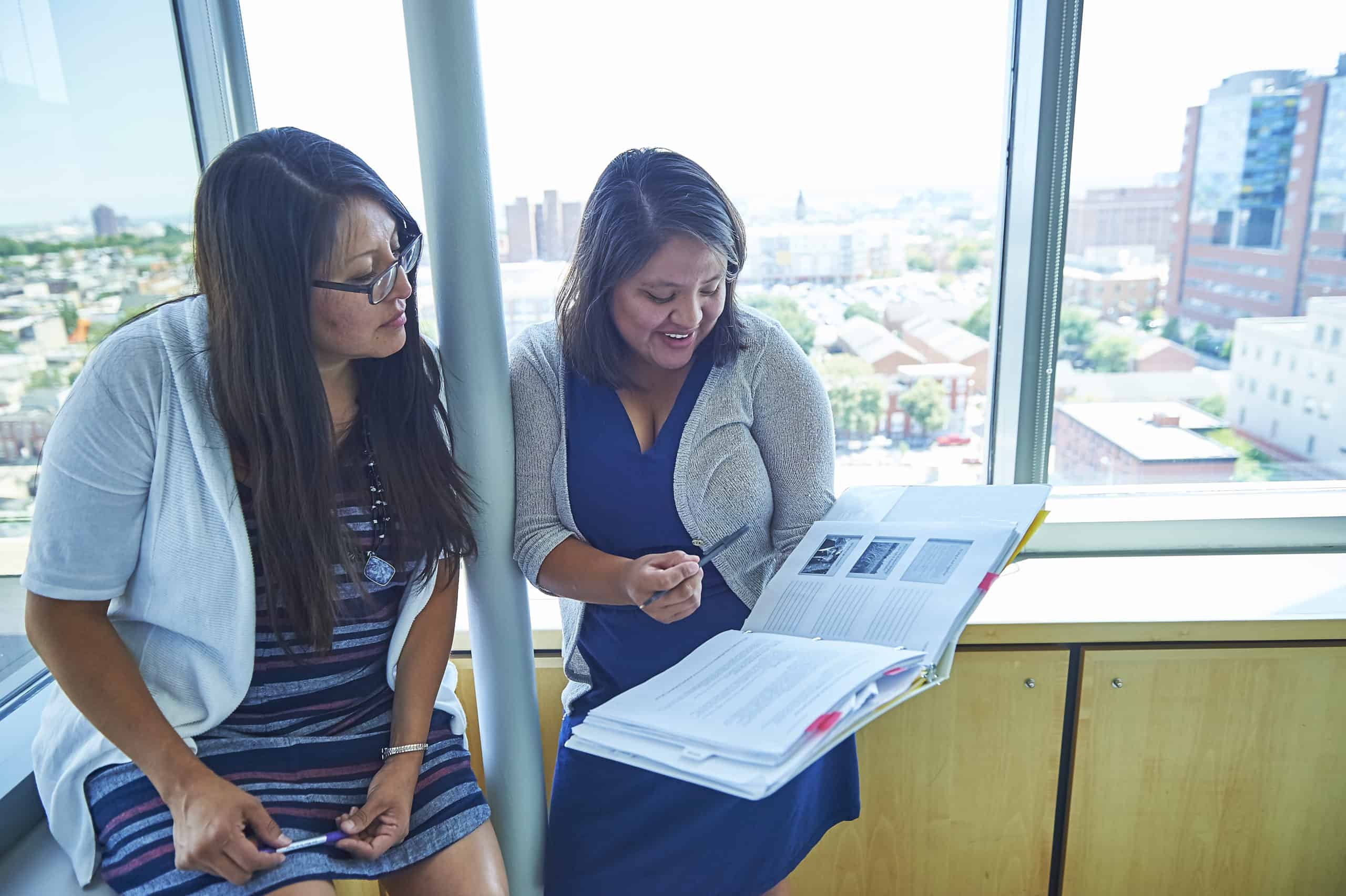
2021:
Dr. Victoria O’Keefe (Cherokee and Seminole Nations of Oklahoma), a psychologist and Indigenous mental health specialist, named the Center’s inaugural Mathu Santosham Endowed Chair in Native American Health.
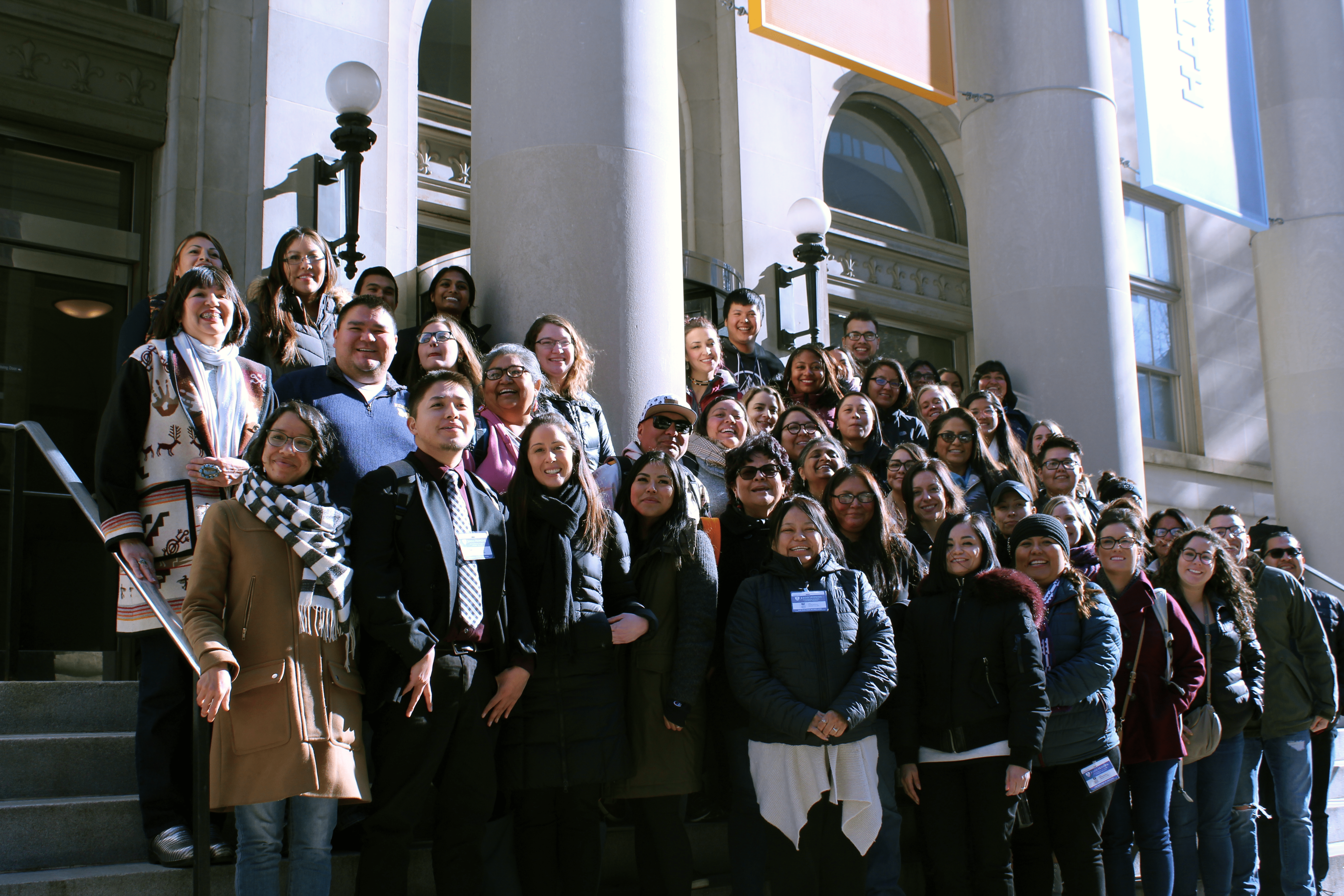
2021:
Record number of Indigenous Scholars matriculate in graduate programs at JHBSPH (12 enrolled in 2021); Center recruits record number of Indigenous faculty members (17 hired from 2020-2021).
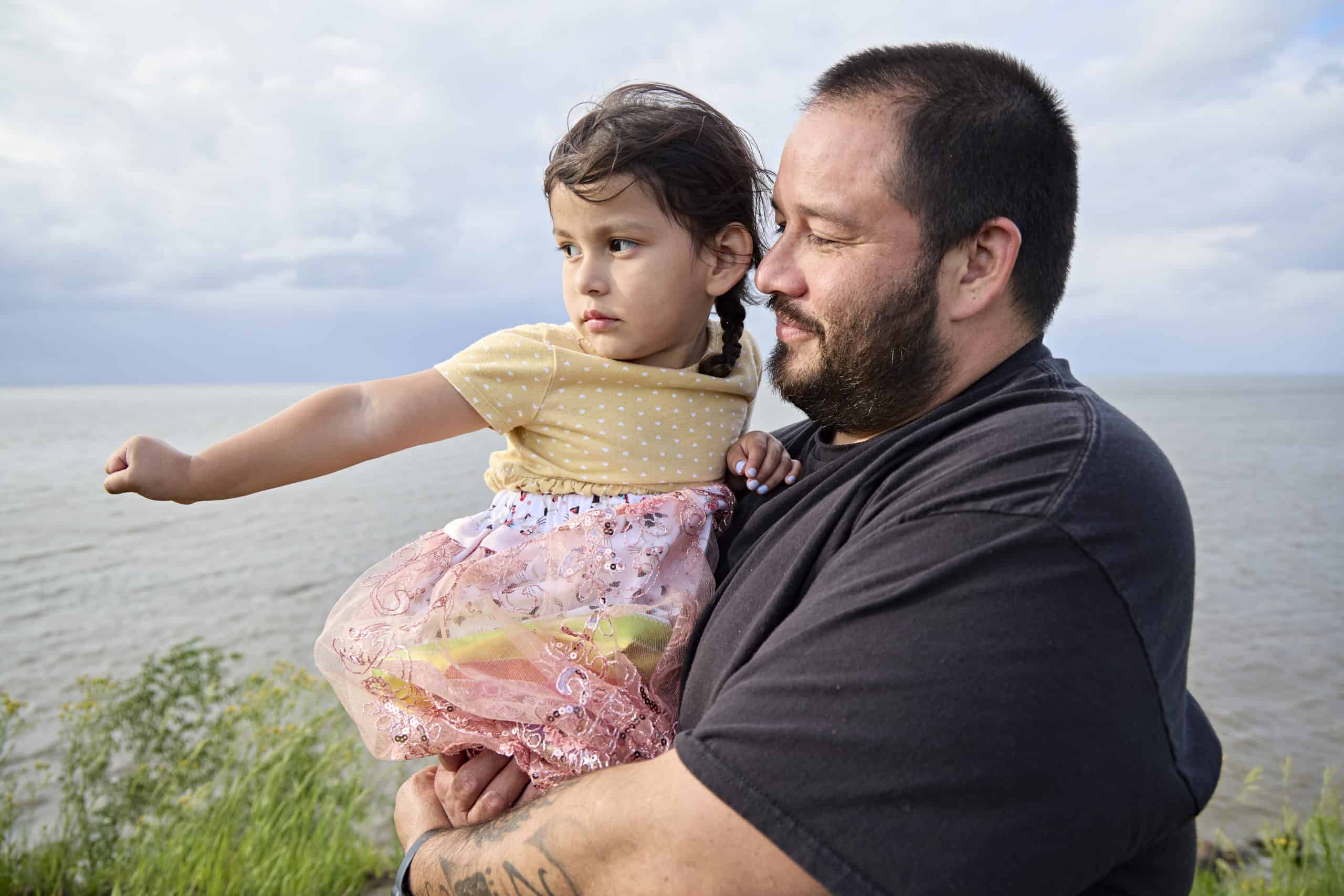
2021:
Center sites in the southwest U.S. participate in a global clinical trial for prevention of RSV disease, a respiratory virus that causes a disproportionate burden of disease in Indigenous children and is a leading cause of respiratory hospitalization in infants. The trial found that a single dose of monoclonal antibody in healthy term and late pre-term infants was 75% effective in preventing RSV-associated illness.
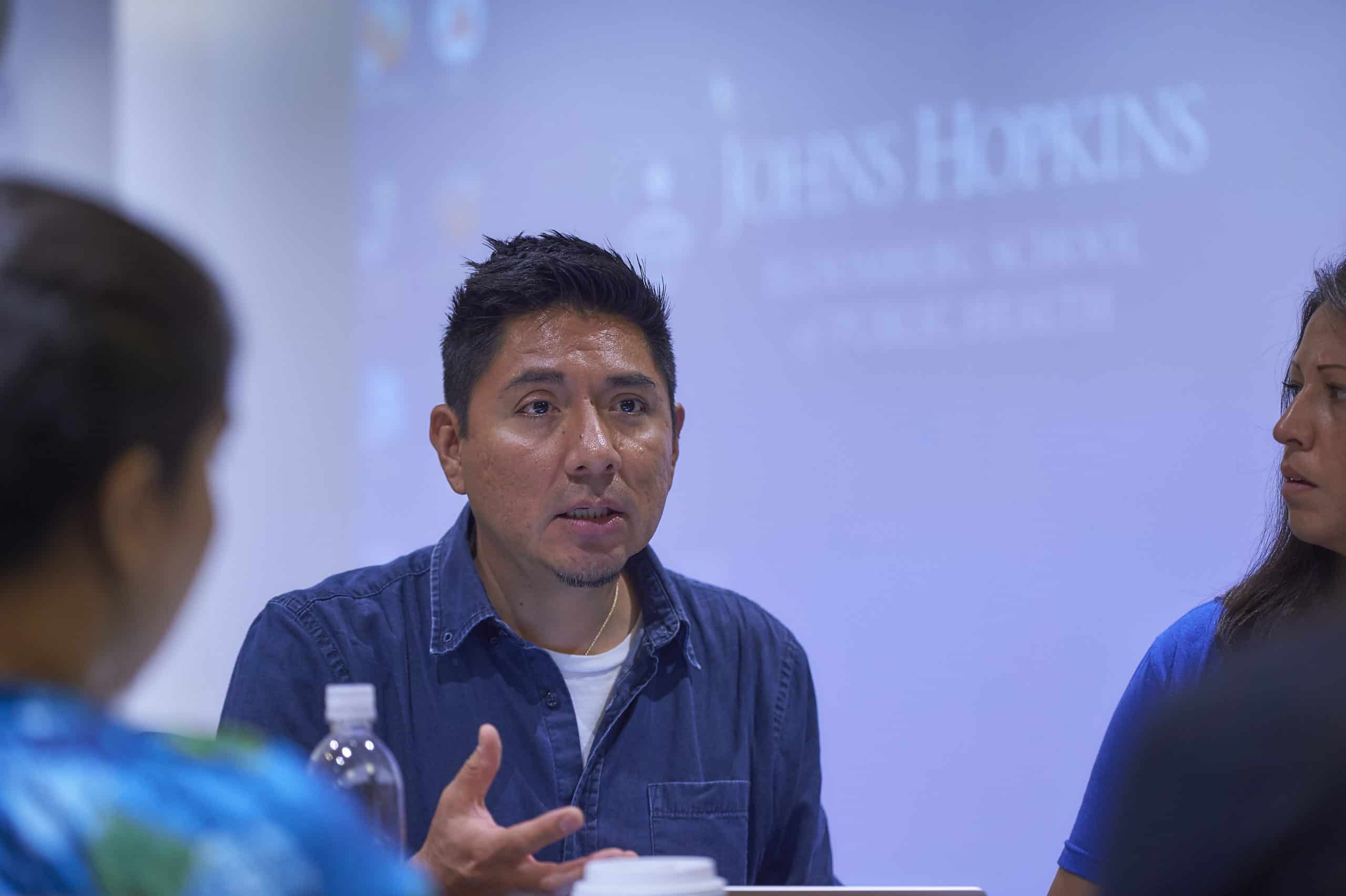
2022:
Dr. Donald Warne (Oglala Lakota) joins Johns Hopkins University as Provost Fellow for Indigenous Health Policy and joins Center Executive Leadership team as a Co-Director, along with Dr. Melissa Walls.
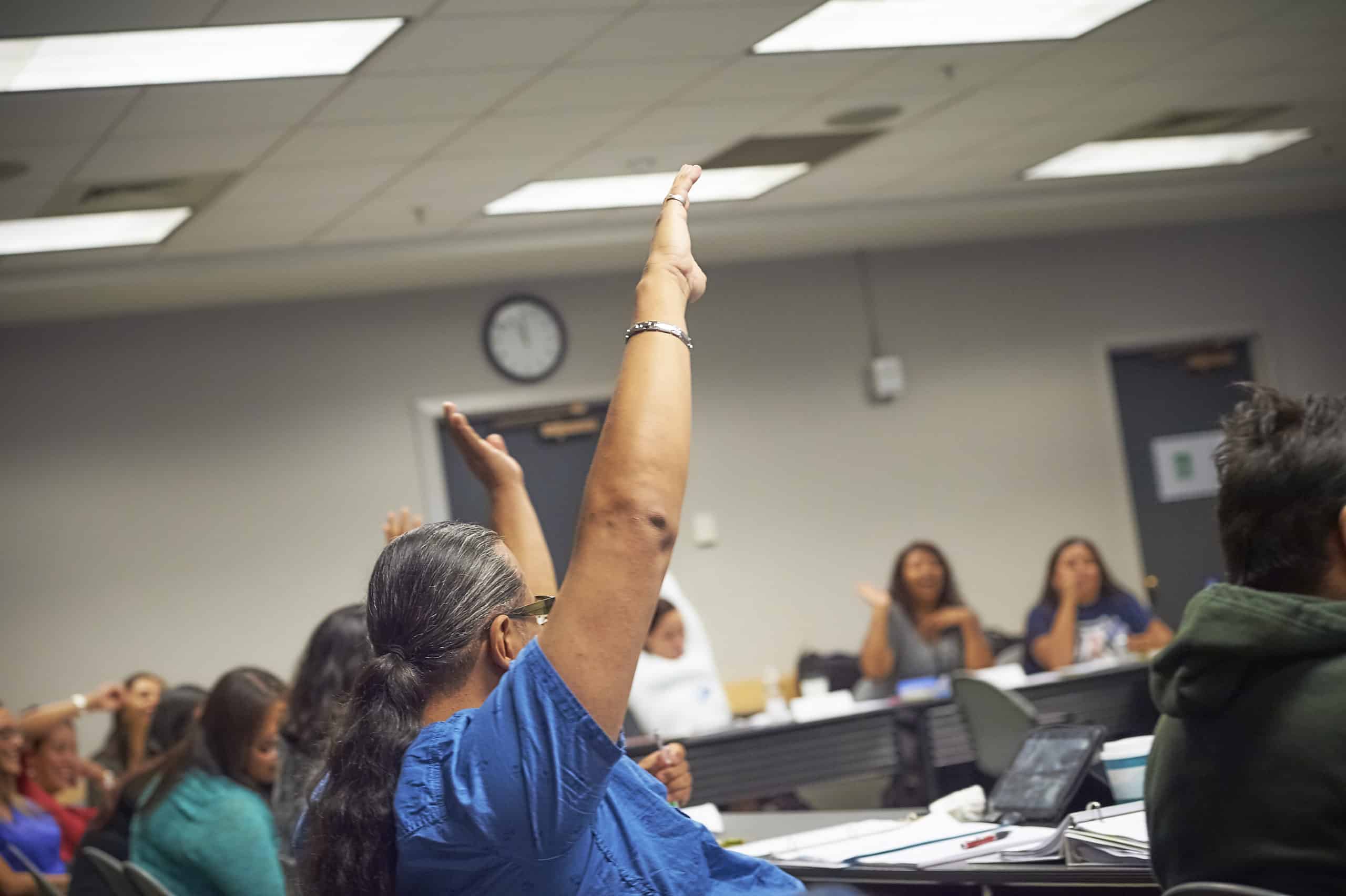
2022:
The Center’s new name, Center for Indigenous Health, launches with over 300 staff and faculty members’ unanimous support, 71% of whom are Indigenous.
Learn more about the Center
Visit Our Youtube Channel